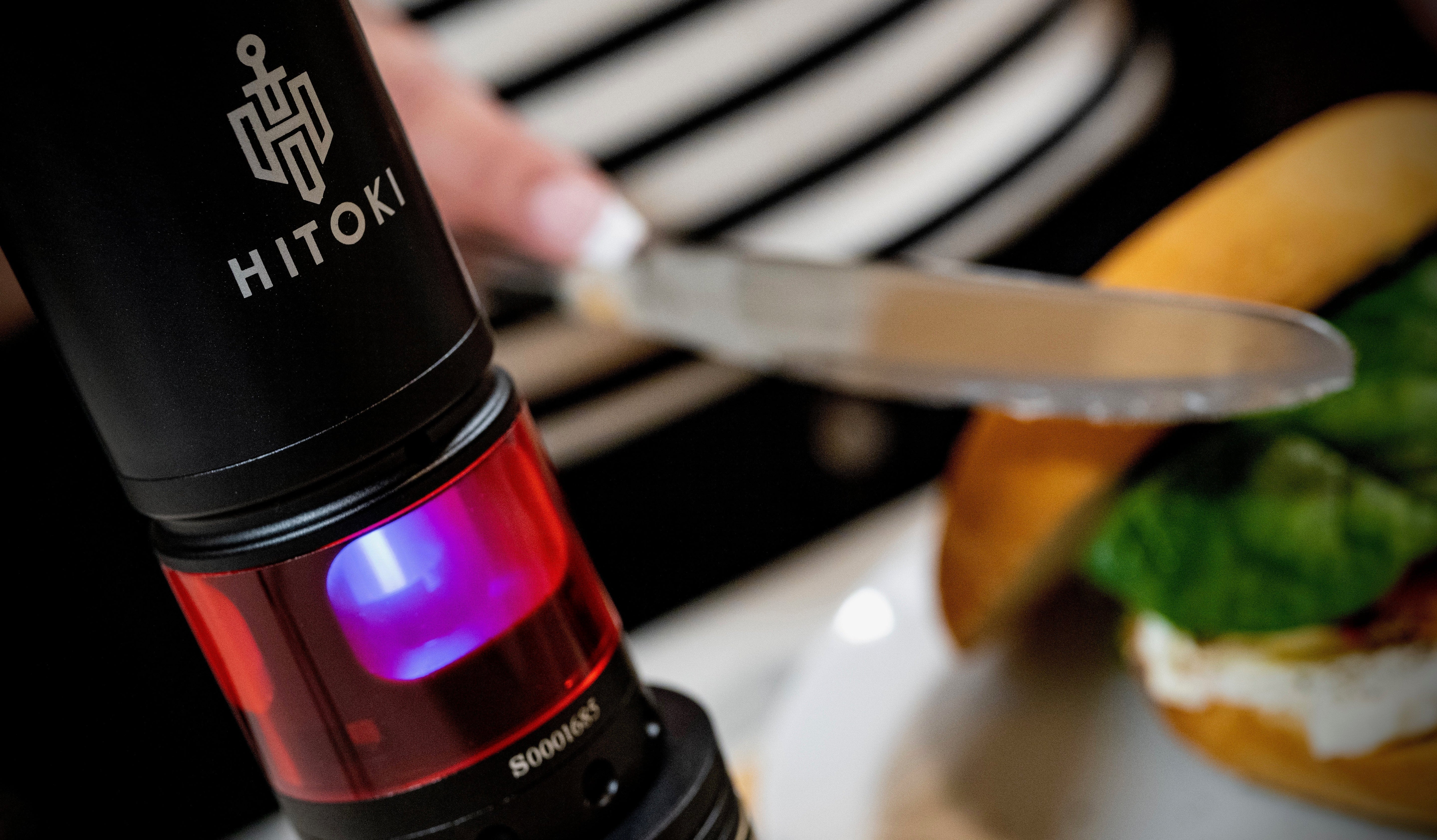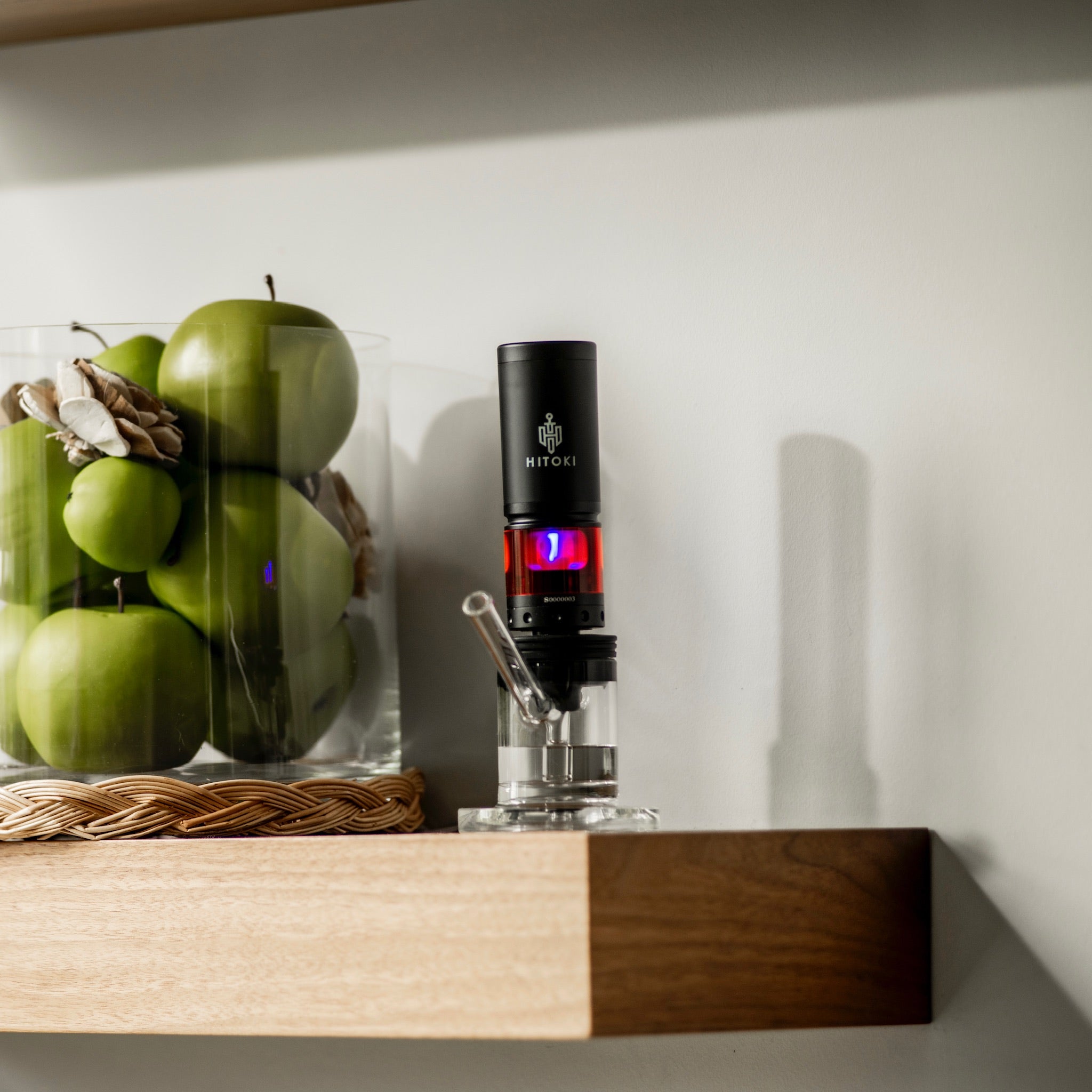The use of cannabis for its medicinal or health benefits is no longer a controversial topic. In recent years, scientists have conducted comprehensive research into the various ways people can benefit from using marijuana—be it for relief from certain medical conditions or to improve overall physical and mental well-being.

Chronic Pain Relief
Chronic pain affects millions worldwide and significantly reduces their quality of life. Thanks to its anti-inflammatory and analgesic properties, cannabis is an effective treatment for chronic pain. Studies have shown that products like CBD oil can reduce chronic pain symptoms.
Anxiety and Depression
Mental health conditions such as anxiety and depression are prevalent and are known to reduce the quality of life of many people worldwide. Research has shown that there are benefits of medical cannabis on mental health. The interaction between cannabinoids and our body's endocannabinoid system (ECS) plays a crucial role in regulating our moods and emotions. Cannabis-based products have the potential to effectively alleviate symptoms of anxiety and depression by improving the ECS.
Cancer Treatment
Cancer is a well-known disease that affects millions of people worldwide. Cannabis has been shown to alleviate the side effects of cancer treatments such as chemotherapy and radiation therapy; it can help reduce nausea and vomiting and stimulate appetite in cancer patients. Furthermore, some studies have also suggested that it has anti-cancer potential and can help fight cancer cells.
Epilepsy
Epilepsy is a neurological condition that causes seizures. CBD has been identified as an effective treatment for epilepsy. Moreover, the drug Epidiolex, which contains CBD, has been approved by the FDA to treat epilepsy.
Glaucoma
Glaucoma is a condition that causes high pressure in the eyes, leading to damage to the optic nerve and vision loss. Research has shown that medical marijuana can help reduce intraocular pressure (IOP).
Multiple Sclerosis
Multiple sclerosis (MS) is a neurological disorder that affects the spinal cord and the brain. It causes symptoms like muscle stiffness, pain, and muscle spasms. Studies have shown that cannabis-based products can help alleviate MS symptoms and improve patients' quality of life.
Inflammatory Bowel Disease
Cannabis has been shown to have anti-inflammatory properties, which makes it an effective treatment for IBD. Studies have demonstrated that cannabis-based products can alleviate symptoms like abdominal pain, diarrhea, and reduced appetite.
Diabetes
Research has shown that cannabis can help reduce blood sugar levels in diabetic patients. Moreover, it can help prevent pancreas inflammation, a common complication associated with diabetes.
Skin Conditions
Cannabis has been shown to have anti-inflammatory properties, which makes it an effective treatment for various skin conditions such as eczema, psoriasis, and acne. Studies have shown that products like CBD oil can effectively reduce inflammation, itchiness, and redness associated with these conditions.
Addiction
Contrary to popular belief, cannabis can help reduce addiction to heroin, opioids, and cocaine. It can reduce cravings for these drugs, making it an effective addiction treatment.
What are the different types of cannabis plants?

As a result of the ongoing discussions surrounding the legal and social acceptance of medical marijuana, there is a growing scientific and public interest in understanding the diverse range of plants and their properties. The plant is categorized into three types: Cannabis sativa, indica, and ruderalis.
Sativa
This type of Cannabis plant is a tall, slender plant often associated with a euphoric or uplifting effect. Usually, it contains high levels of psychoactive compounds (THC) and lower levels of Cannabidiol (CBD). Cannabis sativa requires a longer growing period and is often grown in warm tropical or subtropical environments.
Indica
Unlike Sativa varieties, Cannabis indica is associated with a relaxing or sedative effect and has a shorter stature, broader leaves, and shorter flowering time. Indica strains contain higher amounts of CBD and lower amounts of THC. As a result, this plant is often used for medicinal purposes, providing pain relief, reducing anxiety, and improving sleep. Indica varieties grow best in colder regions and are often cultivated in mountainous areas.
Ruderalis
The Cannabis ruderalis plant is the least known of the three types, and it typically grows to less than a foot in height. Unlike the other categories, it is less common as it is found in mountainous areas of central and eastern European countries or Northern Asia. It is mostly garnered for its exceptional auto-flowering properties, enabling it to flower without the 12-hour indoor/greenhouse growth requirement. Ruderalis has low amounts of psychoactive THC and CBD compared to Sativa or Indica, often crossed with these types to create hybrids.
Hybrid strains
Cannabis plants crossbred between two or more types are called hybrid strains. These hybrid strains inherit the distinctive features of their parent plants and produce a wide range of unique properties. For example, some hybrid strains can produce THC-rich flowers with Indica’s typical sedative effects and Sativa’s uplifting effects without the usual interference with cognitive function.
How does cannabis make you high?
THC is primarily responsible for the psychoactive effects of cannabis, including the feeling of being high. THC binds to specific brain and nervous system receptors known as CB1 receptors when consumed. THC possesses a chemical structure that closely resembles the body's own endocannabinoids. This similarity enables it to effectively bind to CB1 receptors and initiate activation. When THC activates CB1 receptors, they can alter the levels of neurotransmitters in the brain, leading to changes in perception, mood, and cognition.
The effects of cannabis on the brain are complex and can vary depending on a person's chemistry and the specific strain of consumed. However, some common THC effects include euphoria, relaxation, heightened sensory perception, altered perception of time, and increased appetite. THC can also cause short-term memory impairment and impaired coordination, which can make activities like driving dangerous.
It is worth noting that not all strains are created equal when it comes to producing a high. Different strains can contain varying levels of THC, CBD, and other compounds that can affect the plant's psychoactive effects. Some strains are bred specifically for their high THC content, while others are bred for their medicinal properties and contain lower levels of THC.
How long does cannabis stay in your system?
THC is taken up by the bloodstream and then dispersed throughout the body. The liver then metabolizes it into various metabolites, which can be detected in urine, blood, and hair samples. The length of time that cannabis stays in the body can vary depending on several factors, including:
- Frequency of use: Those who use cannabis frequently may have THC and its metabolites in their bodies for longer than infrequent users.
- Method of ingestion: Medical marijuana can be smoked, vaped, eaten, or applied topically. The method of ingestion can affect how quickly THC is absorbed and metabolized in the body.
- Individual metabolism: Everyone's body metabolizes substances differently, affecting how long THC stays in the system.
Urine Testing
Urine testing is one of the most common methods to detect cannabis use. THC and its metabolites can be detected in urine for up to 30 days after use in chronic users, although the detection window may be shorter for infrequent users. However, it's worth noting that urine testing does not necessarily indicate recent use, as THC and its metabolites can linger in the body for some time.
Blood Testing
Blood testing can detect THC and its metabolites for up to a few hours after use, depending on the individual and method of ingestion. However, blood testing is less commonly used than urine testing as it is less reliable and only detects recent use.
Hair Testing
Hair testing can detect THC and its metabolites longer than urine or blood testing, although it is not commonly used for detection. THC and its metabolites can be seen in hair samples for up to 90 days after use, although various factors like individual metabolism and hair growth rate can affect detection windows.
How do people take cannabis?
Take a look at the various ways people take cannabis and the effects that it has on the body.
Smoking
One of the most common ways people take cannabis is by smoking it. When smoked, the THC and other cannabinoids are absorbed into the bloodstream through the lungs. The effects of smoking are typically felt within minutes of inhalation and can last for several hours.
Vaporizing
Vaporizing, commonly known nowadays as “vaping,” involves heating cannabis to a level high sufficient enough to release the active ingredients but not high enough to cause combustion. This process produces vapor that is inhaled into the lungs. Vaporizing is believed to be less harmful to the respiratory system than smoking, as it does not produce harmful byproducts from combustion.

Edibles
Another popular method is through edibles, such as cookies, brownies, and other baked goods. Cannabis' active ingredients are effectively absorbed and metabolized by the liver after ingestion. This process ensures their efficient entry into the bloodstream. Edibles typically take longer to take effect than smoking or vaporizing, as it takes time for the body to digest and process the food. However, the effects of edibles can last much longer than other methods, often up to eight hours or more.
Where can I buy cannabis devices online?
There are numerous online shops where you can purchase cannabis devices, but it is important to consider a few factors before buying.
- It's essential to ensure that the shop offers a wide range of products so that you have ample choices available.
- The shop should provide reliable and efficient customer service.
- It's important to ensure that the shop offers competitive prices.
- The product quality should be of a high standard.

One online shop that ticks all these boxes is Hitoki. Hitoki is a leading online retailer of cannabis devices and accessories. They offer various products, including vaporizers, bongs, and pipes. Their vaporizers, for instance, come in different sizes and shapes to suit different tastes. They have affordable yet high-quality vaporizers if you want something on a budget. Their products and accessories come in different designs, colors, and sizes.
Check out Hitoki if you're looking for reliable, and high-quality cannabis devices online.
Conclusion
Whether you’re looking for stress relief, pain management, or any other therapeutic effects, cannabis can be a great option. Different types may lead to different effects depending on how they are grown and consumed. It’s important to remember that cannabis makes one feel high, and this feeling can last up to several hours after consuming the strain. As always, it’s important to remember that anything taken in excess can have negative consequences.
With careful consideration before and after consuming cannabis products, anyone can reap the wellness benefits of this incredible and ancient herb.






Share:
7 Reasons Why You Should Switch to Laser Bongs
Eco-Friendly Cannabis: Discover the Sustainable Magic of the Hitoki Trident